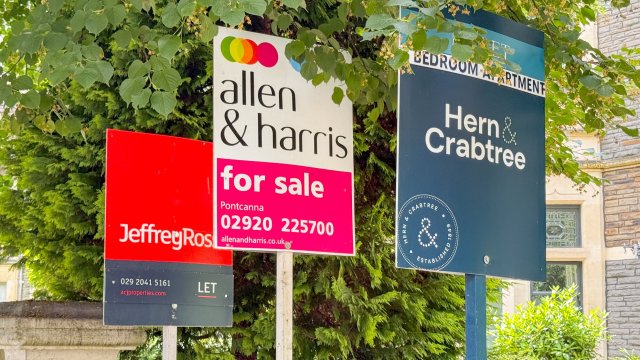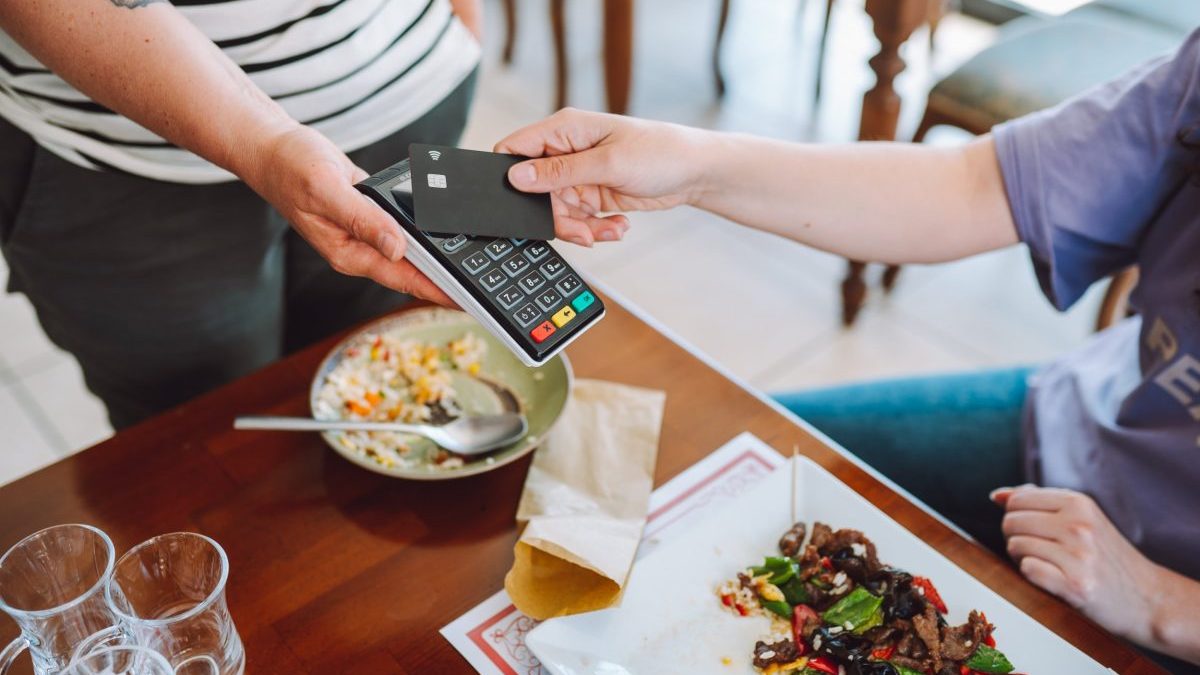When our reader got home, he opened his banking app and saw he only had £24 left, with no food in the fridge and a week until payday
In our weekly series, readers can email in with any financial dilemma and enter the Money Moral Maze.
Are your friends racking up big drinks tabs and then trying to split the bill equally? Is your partner overspending on your joint account? No matter your dilemma, email in anonymously, and The i Paper’s money and business team will do our best to answer.
This week’s dilemma can be found below – email us at money@inews.co.uk with yours.
The dilemma
I recently went on a first date and I was trying to seem calm, generous and put-together, even though I was actually panicking about whether I had enough in my account to cover the whole meal.
The bill came to £60. The place wasn’t fancy and we didn’t drink alcohol, but the waiter was great and we’d had a good evening.
I paid for both of us, and, in a slightly bold move, left a £20 tip. My date was impressed, and I, of course, acted like it was no big deal.
Later that night, at home, I opened my banking app. I had just £24 left, no food in the fridge and a week until payday.
Now I feel a bit ridiculous. Not because the waiter didn’t deserve a good tip – he was lovely – but because it was overly generous for the amount paid, and something I knew at the time I couldn’t afford.
I wanted to seem easygoing and generous, when the truth is, I’m just about managing to stay on top of things financially.
I think I was just trying to impress my date, as I really liked them.
I told a friend and she said it was sweet but stupid. I can’t help agreeing. It’s not that I regret being kind; I just wish I hadn’t done it at my own expense.
Will my date expect me to tip just as much as the next time we go out? How can I plan better for next time?
Emily Braeger, The i Paper’s money reporter, replies
You were trying to make a good impression and show appreciation for good service. That comes from a generous instinct. But generosity doesn’t have to cost more than you can afford.
Tipping is a cultural minefield. I hate it.
In some circles, anything under 15 per cent is seen as stingy. In others, anything over a fiver feels flashy. Tipping should reflect both the service and your circumstances, though.
If £20 stretched you beyond your limit, then it wasn’t a kind gesture – it was a financial risk dressed up as confidence.
Ten per cent is often the standard and you gave more than that.
Performative spending like this is more common than people admit – I do it too, so you’re not alone.
It can be a way of masking insecurity or pressure, especially in early dating, where money habits are under quiet scrutiny.
There’s nothing wrong with wanting to be seen as generous, but it shouldn’t come at the cost of your own financial stability.
Next time, decide what you can realistically afford before the bill arrives. A sincere thank you and a fair tip – even if it’s just a few pounds – goes a long way.
Most service staff understand that not everyone who tips is flush with cash. You could also leave them a good review on TripAdvisor or big them up to their manager.
It’s going to be tough trying to get through the week with so little in the bank. There are apps such as Too Good To Go and Olio, which may help you get food on the cheap or even for free, so I’d recommend checking those out.
But the bigger win is using this as a moment to set a boundary with yourself. You don’t need to spend beyond your means to be generous – and the right person will respect you more for being real about that.
Your next read


